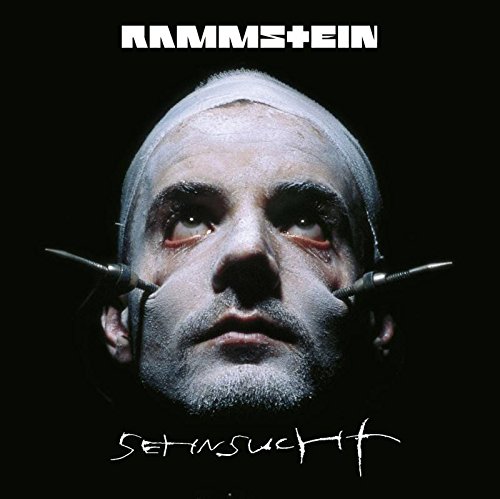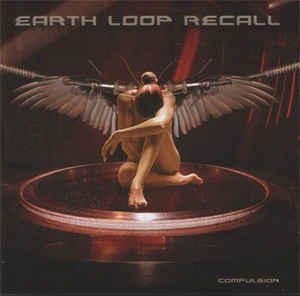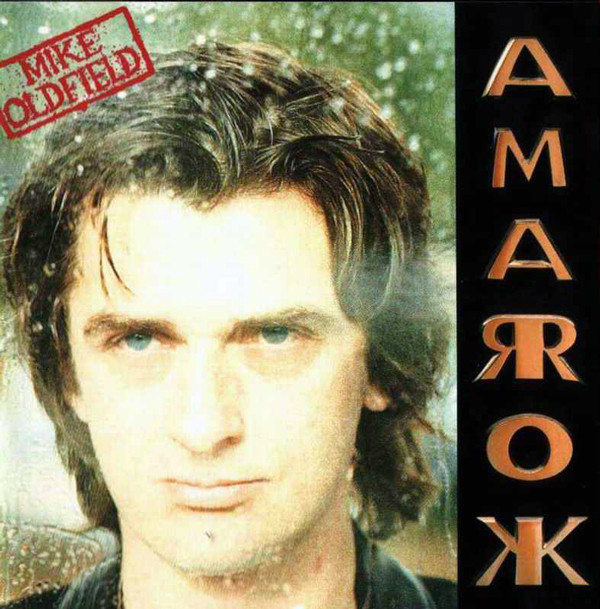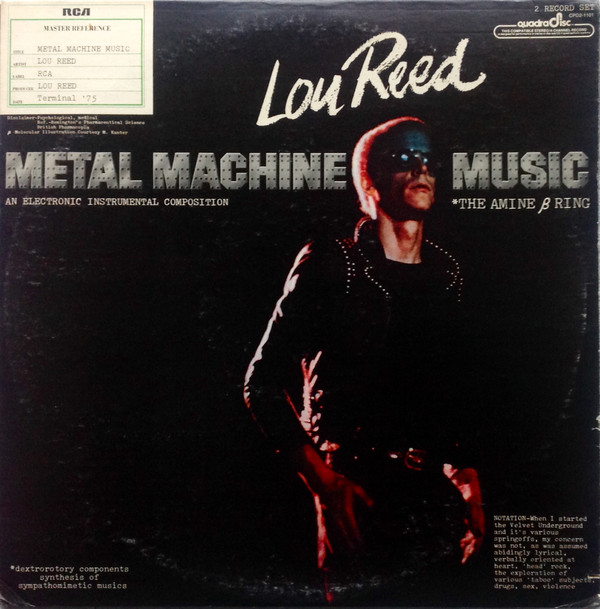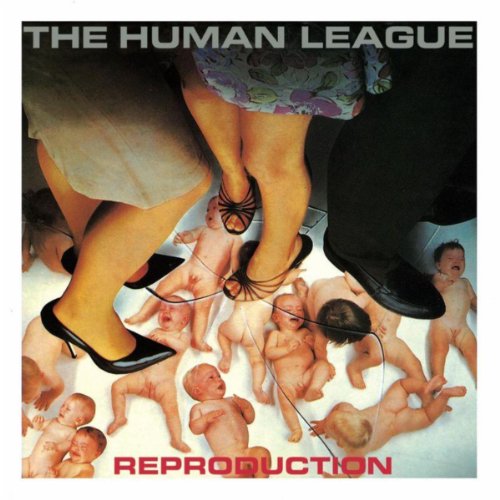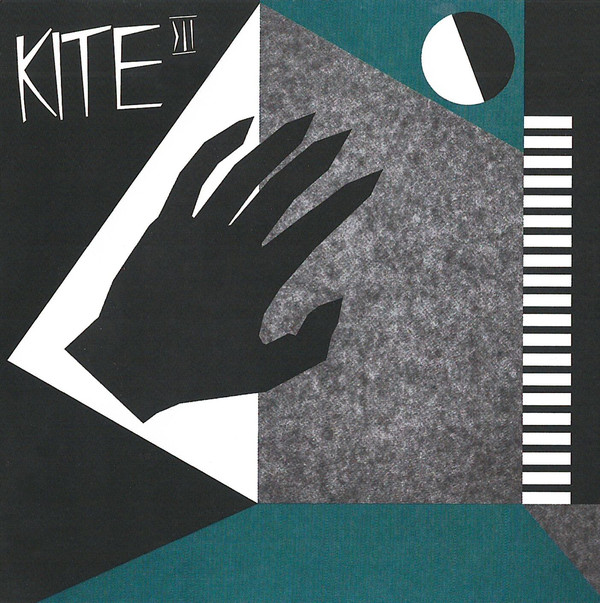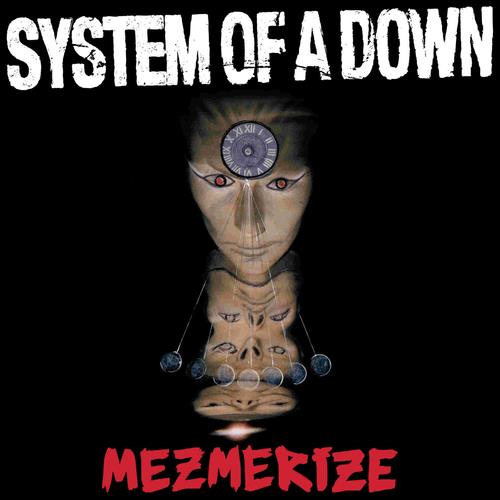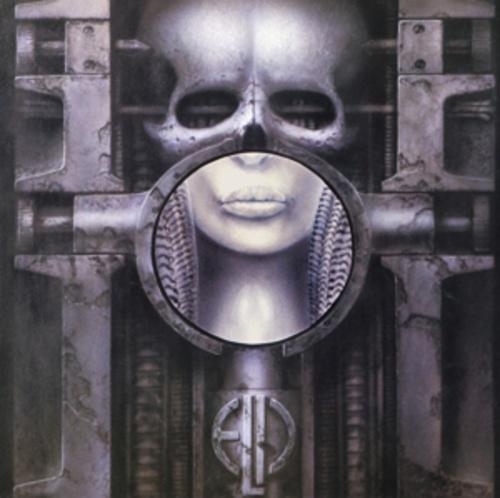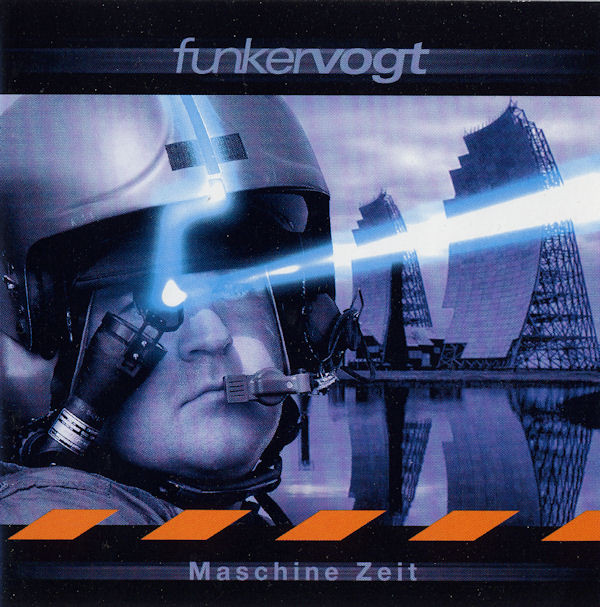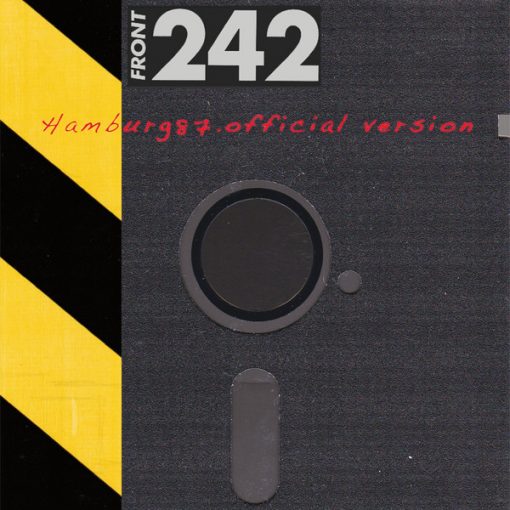Terminates Here DJ activity has obviously had to stop due to the COVID-19 outbreak. Whilst I did consider the idea of DJ sets delivered remotely, it seems every other DJ in London has had the same idea, and without an established club to back me up or even access to a decent camera, I doubt I could sell it well. So instead I went back to writing. In early March, I was challenged to do the “10 Albums – 10 Days” meme on my personal Facebook. I’d done it before back in 2018, and the results became an article on this site, but with little else to do with my evenings, I decided to go for another round. Only not stop at 10, eventually clocking up 40 before deciding to call it quits.
A few points – firstly, as I chose albums around which I could spin a tale, there’s relatively little recent music covered here. If you wish to read about albums dating from the past decade, there’s a countdown of 2010s albums over at A Model Of Control. Also note that these albums are in no order – I simply picked one each day, listened to it a couple of times, then wrote the story. To preserve the writing and allow a wider audience to enjoy the journey, I’ve turned this series into an article here. A few have been modified for accuracy and to reflect changed context, and I’ve added explanations where a couple of selections coincided with certain events. But the text is essentially intact. So let’s begin…..
Day 1 – Rammstein – Sehnsucht
It was the Summer of 1999. Two years of uni gone, time to meet up with some old buddies at Hollywood on a Monday night in Romford, which in those days was an ‘alternative’ night fuelled on cheap beer, late 90s rock’n’metal and various dubious goings-on best not discussed here.
Rob Ruin as on the DJ decks, and he plays a song in German. I’d guessed it was this band called “Rammstein”, because he had the T-shirt on and at the time, it was the only German metal band I knew even existed . A few weeks later, he plays another, had some female vocals this time, same essential style though – and I wanted to hear it again and again.
And that was how first heard ‘Du Hast’ and ‘Engel’.
I didn’t have much money at the time, and it was the other side of the summer before I paid premium price to get a copy of the album holding them both – ‘Sehnsucht’. And I couldn’t stop playing it for days, and not just those two songs. Till’s vocal style, those marching rhythms, a guitar style that immediately appealed to my inner groove and keyboards that were integral to the music as opposed to merely being a producers ear candy. Hooked before I’d even seen the live show. Hooked before I’d dug out my German dictionary and worked what the songs meant (online translation was only in it’s infancy then) – even then the dual meanings and hidden references were not immediately obvious.
If I have to be brutally honest, I’ve actually listened to the successor album ‘Mutter’ more over the years but the only tale I could spin about that one is too closely linked to THAT show at Brixton in December 2001. But it began with Sehnsucht. Not just a love of Rammstein, but a love of the whole genre of metal that eventually became known as Neue Deutsche Härte. I finally got to celebrate this with a set at the inaugural Ich Will night in 2017 – but I’m always getting requests for these tunes elsewhere!
Day 2 – Earth Loop Recall – Compulsion
There were a lot of reason why I shouldn’t have liked this album, but I did. A lot. When it was released in 2004, I was closely aligned with the ‘Slimelight Sound’ of the time. This mainly involved continental bands playing what was then commonly called ‘EBM’ – though since my old-school revival, not by me any more. Not many the acts responsible were playing shows in London, though, so I looked elsewhere for live action. The Wasp Factory label, who picked its acts largely on how good they were on stage, still had plenty to offer, for instance.
And one night in February at The Water Rats, it all came together. Deathboy might have already established their following, openers Faetal were just getting a foot in the door – but the night pivoted on Earth Loop Recall. A mere five songs, one of which wasn’t even ON the new album, but it was enough to guarantee my immediate purchase. And the following day, it got its first run through the CD player. And second. And it got plenty more in the days, weeks, months and years that followed.
And beyond the somewhat vague description of “post-punk electronic rock”, it’s hard to pigeonhole where this album sits in the grand scheme of music genres. And that’s what made it special. More impact that the shoegazers, more emotive than anything defined as “industrial”, more structured than noise-rock and certainly more distinctive than your-average-landfill-indie band.
Then you get to the actual songs. “Reconnect” might have been a red herring NINpersonation – the detailed interplay of guitar and electronics on “Mesh” and “Petra Lena” are a better summation of the core ELR sound. But the three long term stand-outs come later. The ultimate quiet-LOUD rocker “Please Stop Hurting Me”, the ever-building wall of guitar noise “Optimism Creeping In” and the eight minute plus epic “Like Machines”, a track which, sixteen years on, I still cannot adequately describe in words.
The story didn’t have a happy ending – the original line-up collapsed a year later, and a brief reformation with a revised membership featuring live drums didn’t last long either. But Ben McLees carried on working in that approximate style and the outcomes can be heard today as This Is Radio Silence. The original album is still available digitally on a “name your price” basis, so you now have no excuse but to help keep it’s memory alive.
Day 3 – Mike Oldfield – Amarok
I could have written about those long, thin, hanging metallic tubes, but rock history has covered that one well enough. It’s time to look at an album not so highly regarded by the history books, but also serves as a genuine “fan favourite”. Mike was coming off the back of several albums largely based around songs-that-could-be-released-as-singles, largely due to the pressure of Virgin Records (still under Branson ownership at the time). There was some great tunes in there (Moonlight Shadow, To France, Islands), but it wasn’t the true sound of Oldfield. And he was starting to realise.
Amarok was his way of saying “back to the ways of old”, or to be more obtuse “FUCK OFF RB” – a message hidden in Morse code within the recording. A hidden code which Virgin Records never picked up on – one more contractual obligation album and they parted ways. No more 7-inch shots at chart success, just a one-hour continuous instrumental, deliberately structured to make lifting a single impossible.
Recording a bewildering array of instruments on old-fashioned tape, without the benefit of the emerging music-tech that dominated his albums from the early 80s onwards. It held just enough repeated phrases and common themes to have some recognisable continuity, but every minute held a new surprise.So, you might encounter Celtic and African drumming, bluesy bass, flamenco guitar and Musique Concrète, all thrown together in a way that on first listen sounds totally random, but several more playthroughs and it makes some kind of sense.
The ending is something to behold – Xhosa chants from Jabula meet Thatcher impersonator Janet Brown, a glorious, uplifting and hilarious cresendo, the final minute the kind of turn-it-up-to-the-max moment. If I didn’t have time to listen to the whole thing, I sometimes painfully FFWDed the CD 55 minutes in just to get this bit (only one track, remember?). Eventually recorded that segment to a cassette, as you couldn’t fit the whole album on one.
Yes, cassette. That was the way it was back then.
Day 4 – Lou Reed – Metal Machine Music
Lou Reed was a musician who was capable of co-operating with music industry demands one day and giving them the middle finger the next. A staff writer for Pickwick Records budget album range was never expected to unleash a banana full of drug references (aka “The Velvet Underground and Nico”) but Lou and his collective did it all the same. But in terms of shock factor, that was nothing compared to this.
Was it a statement against the state of the music industry? A contractual obligation? A true forerunner to noise rock, industrial and various other extreme genres? Knowing Lou, it could have been all of them or none of them? The critics, for the most part, wrote it off, not noticing or caring for the purpose this album serves. Because it is really just noise – an hour-long ceaseless wall of feedback, no melody, no real rhythm, and, despite evolving sonically throughout, no identifiable structure.
Admittedly, if you explorer the beard-stroking intersection between hipster elitism and the lunatic fringes of the industrial scene, you might find some musics considerably more extreme than this. But none of them have made a mark on rock music history – Whitehouse and Merzbow came closest, and that wasn’t close at all. I still remember that glorious 15 seconds, shortly after Lou Reed’s death, when the BBC World Service recorded a tribute program to him, and a short blast of this was played to every corner of the world.
And yes, I have played excerpts of this in DJ sets. Twice. Once was a scribbled request for “Metal Machine Music” – given the context of the night, I assumed it was Die Krupps, but just to be safe, I stuck in 30 seconds of this beforehand. The other was a rare support slot for a power electronics bands, taking far too long to come on stage having put all their wires in position, so I shoved this on in the hope they’d hurry the fuck up. Because music like this isn’t meant to be used in good grace.
Day 5 – The Human League – Reproduction
Time to check out a Sheffield classic. This album makes it in because I should have seen it performed live last night, but the situation at the moment obviously postpones that experience to later in the year. As it happens, I can be something of an “extractor fan” when it comes to the Human League, one of those ‘you’re only a true fan if you like x more than y’ – I can’t help it sometimes! Sure, I still think ‘Dare’ is close to being the ‘perfect pop album’ but in many respects, it’s a bit TOO perfect. I prefer to backtrack a few years to the HL17 era, when things weren’t quite as smooth.
Don’t get me wrong, this album still has all the hooks and melodies that define the greatest synthpop albums from the late 70s right through to the present day. But there’s something deeply intriguing about the not-yet-mastered technology, the slightly awkward lyrics and the tendency to deviate off into experimentation. “Empire State Human” is the only single and the obvious stand out – it’s catchy dynamic makes it a frequently covered song by contemporary synthpop bands, and even gave it’s name to one of them.
“Circus Of Death”, meanwhile, was more likely to be covered by industrial bands – and it’s here that we see a dark side to a band that the majority of the human race see as wholesome and mostly harmless. Twisting up references to Hawaii Five-0, a fictional drug called Dominion and a reference to the endtimes, it’s exactly the kind of thing I love to draw out from the early albums of my favourite bands – indeed, this album was a driving force in my obsession with ‘tracing back to the source’, checking out those obscure early recordings by choice projects in the hope of establishing where THAT sound from (if you’ve read my listeners guides, you’ll know why).
Other cuts includes quirky pop songs like “Almost Medieval” and “Blind Youth” alongside deviations like a drawn-out cover of “You’ve Lost That Loving Feeling”. If you pick up the CD version, you also get “The Dignity of Labour”, a must hear for lovers of early analogues, “Flexi-Disc” (which was a recorded conversation of the band trying to decide what to put on their, erm, flexi disc) and the original ‘Being Boiled’ single, with a very different take on “Circus of Death” as the B-side.
Day 6 – Kite – III
I know this is just an EP, but we are living in an era where rules and guidelines are changing day to day. And Kite are a band I like sufficiently that they have to make it in, despite never having released a full length album, 6 EPs is all they’ve offered so far. So why include them? Sure, I love Swedish synthpop, but sometimes the bands sound like they’re in a race to be recognised as Scandinavia’s answer to Vince Clarke. I can’t fill this series up with albums like those, no matter how catchy I find them.
Kite aren’t like that. The first time I heard them, I actually thought they were Greek, due to vocals that reminded me of Demis Roussos and synths that often reminded my of Vangelis. But Sweden is where they’re from, and the amount of work that has gone into making really distinctive analogue textures (as opposed to preset-hopping) and really distinctive vocals (as opposed to a TOTP2 1980s outtake) is clear. This is electronic music that really feels organic and alive.
And I like all of their releases, but this one more than any. Their obvious hit was opening track “Jonny Boy” – I was always going to jump on that one, wasn’t I? But it’s the other end of the EP that really left a lasting mark on me – “Castle Of Sand”. Free from percussion, it’s a slow, drawn-out synthetic fanfare, the vocals a plaintive cry that strikes to the very heart of my own life experiences of mental resilience. Or rather the lack of it. When I heard this close their set at WGT 2017, it was the nearest I’d got to a religious experience for years.
Day 7 – DAF – Alles ist gut
I could go into the wonders of the one synth-one drumkit-one vocal minimalism.
I could go into the dancefloor status of “Der Mussolini”, a sure floorfiller in any scene set.
I could go into the bizarre fantasy of “Der Räuber und der Prinz”.
I could go into the way “Alle gegen alle” grew into something enormous under Laibach’s tenure.
But given today’s news, please excuse the lack of a verbose write-up on this occasion. This album isn’t about being a lot of anything. It’s qualities are more about what it isn’t more than what it is.
One final comment. The title, also the name of the final track, translates as “All Is Well”.
Said in the greatness of irony.
If anything sums up the mood of this day, that does.
Alles ist gut?
Auf Wiedersehen, Gabi.
Day 8 – System of a Down – Mezmerize
Time to get shot down in flames again. The half of you who hate this band, and the other half who love this band but hold the first two albums sacred above all others. Time for me to feel the brunt of the extractor fans once more….
But before you post, please understand that these posts have a personal element, and during a semi-despondent time in my life (stable income and house but little prospect at achieving the things I really wanted to), this album was a wake-up call.
I bought it in 2005 on something of a whim – deeply engrossed in scene music at the time via a major rework of EOL-Audio, I felt expected to sing the praises of the recent Rotersand, Combichrist or VNV Nation albums. But this one caught my ear more than any of those.
It’s a short album, but a wild ride. The “Soldier Side” intro asks a question that wouldn’t be answered for several months, but then the anger kicks in. Tales of military aggressors (BYOB) and toxic masculinity long before most of us knew what it meant (Cigaro), between deeply personal cries in “Revenga” (my personal favourite).
Later stages feature experimentation with time signatures (Question?), vocoders (Old School Hollywood), alongside statements about the media (Violent Pornography) and the dissatisfaction of a generation (Sad Statue).The album closer “Lost In Hollywood” serves as a fitting coda, de-glamourising this all-too-glitzy aspect of American culture.
But it wasn’t really the end – counterpart album ‘Hypnotize’ came six months later, and it was almost as good despite the occasional slip, with the full and final “Soldier Side” bringing a true end to the album pair, and, to this day, System of a Down’s released works.
Day 9 – Emerson Lake and Palmer – Brain Salad Surgery
The second album in this series notable for having a title track that wasn’t even on the album (who can guess the first?). But that’s where their similarity ends. This is one of the only albums I’ve kept a vinyl copy of – just so I can fully appreciate that legendary H.R.Giger cover art in full. It’s also another album that’s drawn much hatred from many corners of the music community due to it’s pompous, overblown nature, or just the fact Jim Davidson is a particularly vocal fan (and who wants anything in common with that noisy bigot?). But there’s many a closet fan of this recording out there (I’ve found a few) and now I’m openly declaring my allegiance.
It actually bears many of the ELP hallmarks – renditions of established standards (‘Jerusalem’) and obscure classical works (‘Toccata’ – an adaption of a little-known Ginastera piano concerto), a Greg Lake balled (‘Still You Turn Me On’) and a comedy song (‘Benny The Bouncer’). If you excuse some forced rhymes and ridiculous Mockney accents, these four tunes still serve as a suitable precursor to that other prog cliche. The side-long epic – Karn Evil 9.
Actually, it was so long it didn’t even fit onto one side of a long-playing LP, hence that iconic ‘Welcome Back My Friends To The Show That Never Ends’ at the start of side 2. Journeying first through some dystopian future carnival show and then through a hugely elaborate instrumental interlude, the final nine minutes remain my favourite from the whole prog era, a tale of a war between humankind and computer, with more changes in direction and twiddly synth bits than I car to count, the concepts of 2001 Space Odyssey are taken to their conclusion.
I also have an SACD of this with a 5.1 mix on it. Nothing to play it on anymore, though. Not enough ears, either.
Day 10 – Funker Vogt – Machine Zeit
I guess I’ve been waiting for one of those examples a band with quite a few good albums that unfortunately sound too similar to really differentiate. But I’ve finally decided to take the plunge and get some Funker Vogt in. You can always tell a Gerrit Thomas production – he hit upon a sound early on and has stuck with it ever since, that kind of middle ground between the 90s and 00s schools of electro-industrial, angry machine music with all the bleeps and beats present and correct, gravely vocals singing mainly about wartime, and a suspect grasp on the English language. Wouldn’t have it any other way.
I’ve picked this album out because it’s hit rate of really memorable songs is higher than anywhere. “Gunman” is the natural successor to “Tragic Hero” – big synth fanfare, pounding beat and lots of ranting about some battle-related metaphor. But it’s really catchy! “Black Market Dealers” has more of a personal resonance – a tale of post-war Germany that I happen to know my own grandmother lived through before a chance meeting on a Krefeld military based gave rise to one half of my family. There’s always a big, doomy slow one, too – and “Nuclear Winter” is as chilling conceptually as it is musically.
But if you want to know what Funker Vogt’s true musical peak is – it’s the title track. Six glorious minutes, combining lyrics in English and German (one of original vocalist Jens Kastell’s few writing credits) and working through more phases and science-fiction concepts than is usually healthy for a dead-cert floorfiller. But fill floors it does – at least it did when I gave it a play at my WGT Darkflower set! The song even gets a drawn-out reprise at the album’s close, just in case you didn’t get the message.
A Message Sent By Machines of Time
A Prophecy Of A New Start

